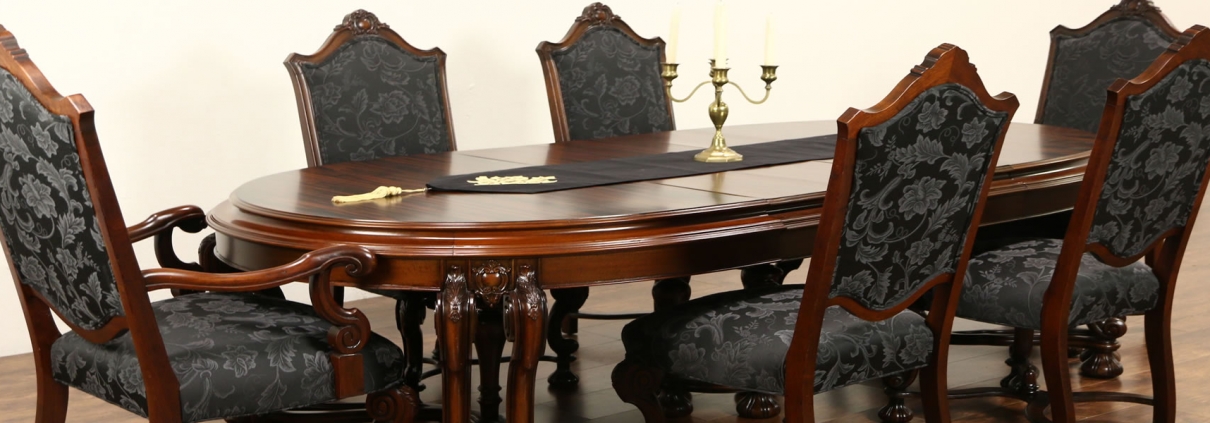Restoring older furniture is a great way to save money while retaining the character and look of your original purchase. You also reduce the environmental impact of constructing new furniture, as it comes from overseas. Furthermore, restoring older furniture can also prevent waste from the manufacturing and transport of new furniture. This will save the earth from massive carbon emissions. And there are many other reasons to have your old furniture restored with Furniture Restoration Sydney.
Choosing refinished furniture over new
Purchasing refinished furniture is an excellent way to extend the life of your existing pieces, keep them out of landfills, and cut down on the need to buy new ones. Even if you don’t have the skills or tools to refinish your own pieces, you can still fight the throwaway culture by investing in new pieces of furniture that are built to last. Antiques are also an excellent option, especially if you have the budget.

The durability of the finish is important when choosing between refinished and restored pieces. Varnish is a surface coat that easily wears away, but damage to the wood underneath doesn’t usually penetrate the varnish. Penetrating resin is an interior coating that hardens into the wood, so it can withstand heavy use better than varnish. It’s also much easier to reapply if necessary.
Cost of restoring old furniture
You’re probably wondering what the cost of restoring old furniture is. The good news is that it’s much cheaper than buying new furniture. After all, the money you’ll save on your furniture will go to other home improvement projects, or straight into your bank account. What’s more, restoring your old furniture will have character all its own. No two homes will have exactly the same couch, so you’ll have an exclusive piece of furniture.
You’ll have to shell out between $200 and $580 per piece of furniture for restoration, though the latter is a good option if you’re unable to afford the original cost. The cost of restoring an old piece can vary significantly, depending on the damage it has and the level of skill needed. Antique furniture also requires special care and can double or triple the cost of refinishing a new piece. It can also be shipped across the country, which adds to the cost.
Environmental impact of refinishing
There are many environmental benefits of refinishing furniture, but the process is not without risks. Many of the products found at a paint store and hardware store contain VOCs and other toxins. Instead, choose environmentally friendly alternatives. The following are some of the most common concerns associated with refinishing furniture. Let’s explore some of these concerns and what you can do to reduce them. In addition to saving money, eco-friendly refinishing techniques also increase the life of your furniture.
Refinishing furniture has many other advantages. It reduces your carbon footprint significantly. By repurposing old furniture, you are helping the environment by not cutting down trees and creating waste. Additionally, you’re helping to stop deforestation, which contributes to about 15% of the global greenhouse gas emissions. You’ll also be limiting the amount of plastic you buy, which is made from fossil fuels and is not biodegradable. Each year, 8 million tons of plastic is dumped into our oceans. Refinishing old furniture is estimated to emit a mere 1/1000 of this.
Changing the feel of a piece
When your furniture is starting to look worn or outdated, consider changing the door knobs and drawer pulls to update the look. You can also add modern wallpaper to hand me down furniture to add character. For a more dramatic upgrade, consider lining drawers with an up-to-date pattern. And if you’d rather not spend too much time making over the furniture, consider applying a new coat of paint to its exterior.





